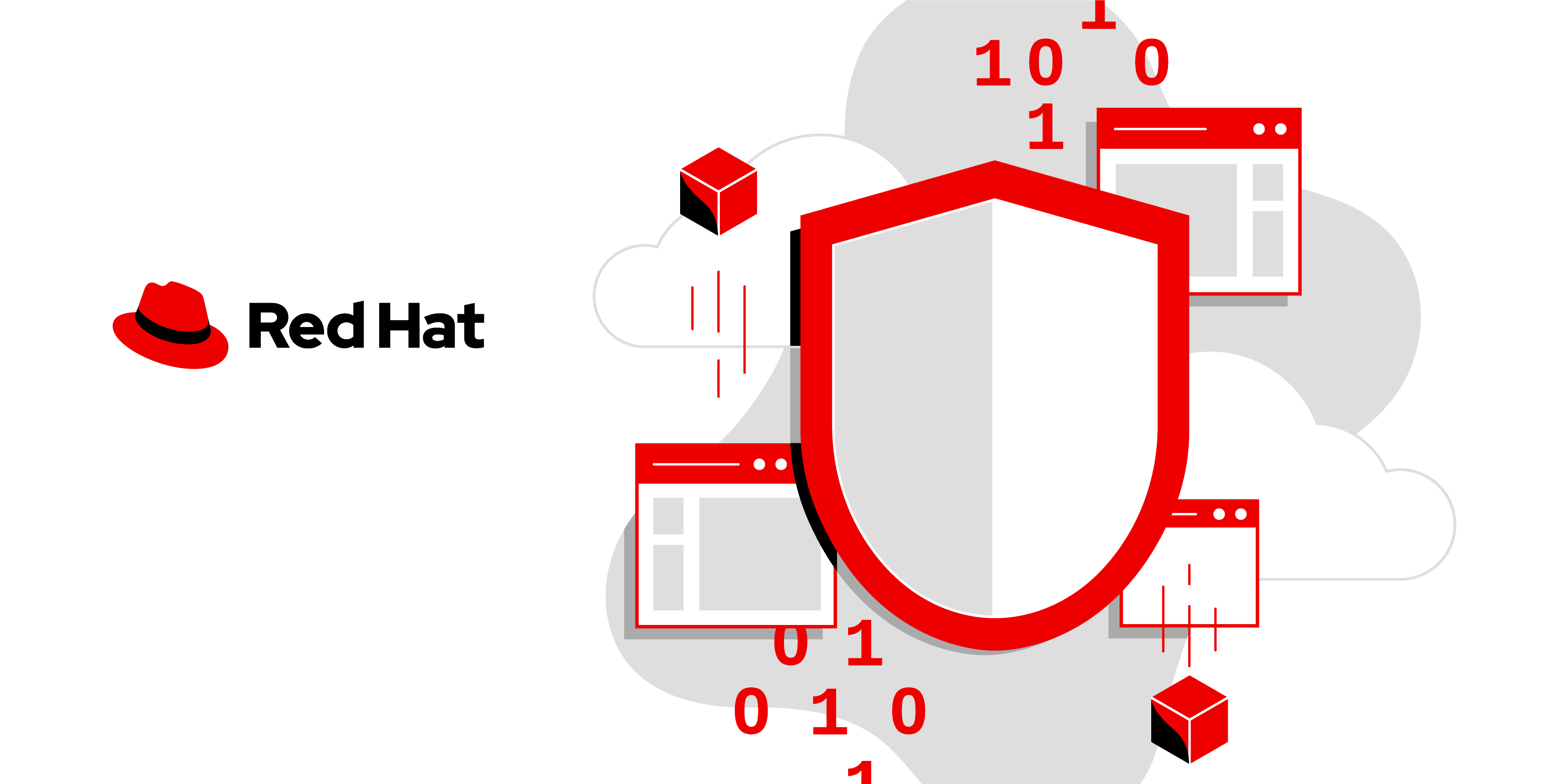Hello, I migrated to a new server and everything's working perfectly except Amazon SES Web Api. The bounces do not show up in Mailwizz.
I've created a new delivery server, and it is creating a new topic and subscription as expected, but the subscription says "Pending Confirmation" and never gets confirmed. I've tried many times but I can't get Mailwizz to confirm the subscription.
I've tried to delete all Amazon delivery servers, all Amazon users, and re-create everything, but it still doesn't work.
The Amazon user has full SES and full SNS access and power user access. I've tried with many users.
Mailwizz is clearly able to reach Amazon since it is creating the SNS topics. Amazon is reaching mailwizz just fine as well, I see it in the logs:
172.71.150.67 - - [17/Mar/2024:04:04:39 +0000] "POST /m/index.php/dswh/29 HTTP/1.1" 200 - "-" "Amazon Simple Notification Service Agent"
When I test the dswh endpoint in a browser, it says error 500, which is the expected behavior. it is reachable from anywhere. Amazon has no problem reaching the endpoint, but Mailwizz is not confirming. I tested Mailgun and it works perfectly, it's just Amazon that Mailwizz is having trouble setting up.
How can I fix this? Please provide some troubleshooting steps. Thank you.
@twisted1919
I've created a new delivery server, and it is creating a new topic and subscription as expected, but the subscription says "Pending Confirmation" and never gets confirmed. I've tried many times but I can't get Mailwizz to confirm the subscription.
I've tried to delete all Amazon delivery servers, all Amazon users, and re-create everything, but it still doesn't work.
The Amazon user has full SES and full SNS access and power user access. I've tried with many users.
Mailwizz is clearly able to reach Amazon since it is creating the SNS topics. Amazon is reaching mailwizz just fine as well, I see it in the logs:
172.71.150.67 - - [17/Mar/2024:04:04:39 +0000] "POST /m/index.php/dswh/29 HTTP/1.1" 200 - "-" "Amazon Simple Notification Service Agent"
When I test the dswh endpoint in a browser, it says error 500, which is the expected behavior. it is reachable from anywhere. Amazon has no problem reaching the endpoint, but Mailwizz is not confirming. I tested Mailgun and it works perfectly, it's just Amazon that Mailwizz is having trouble setting up.
How can I fix this? Please provide some troubleshooting steps. Thank you.
@twisted1919
Last edited:


